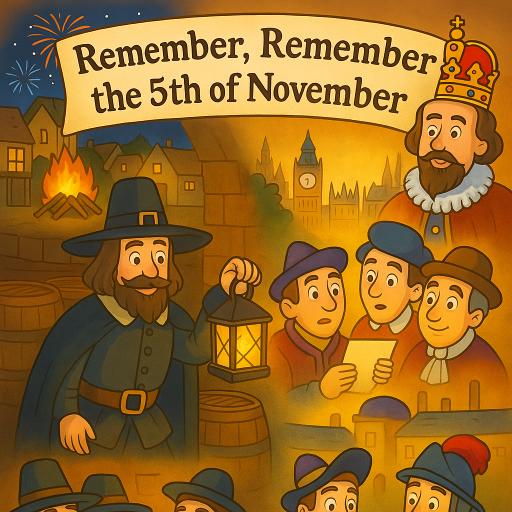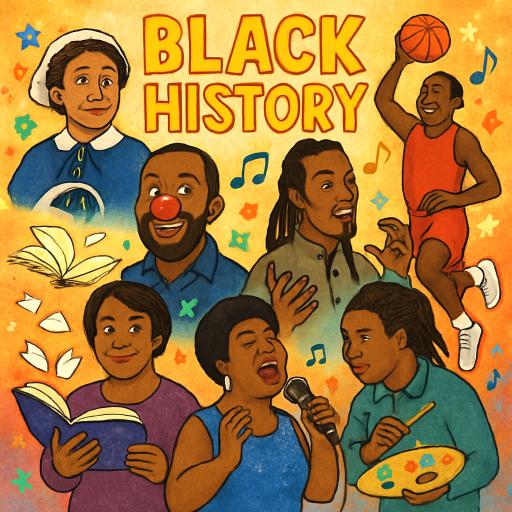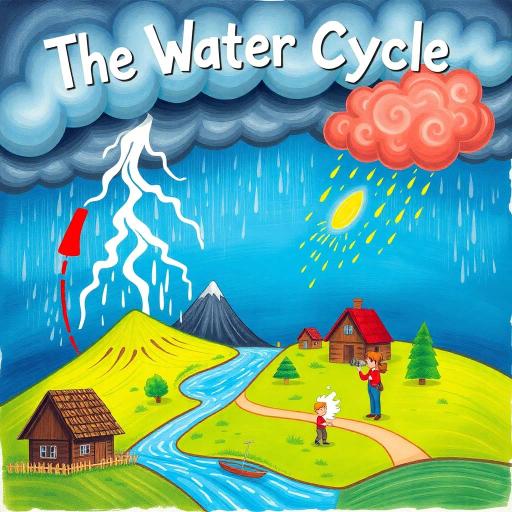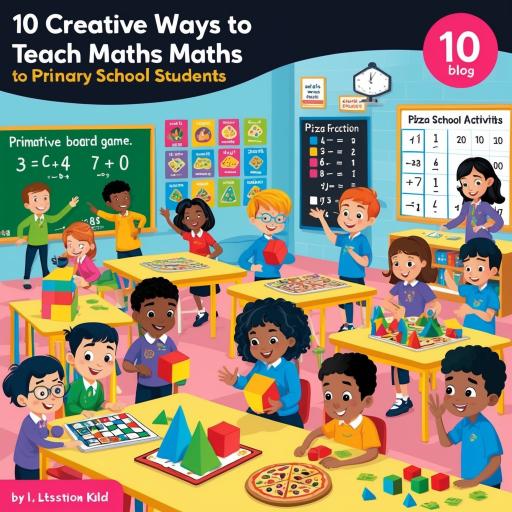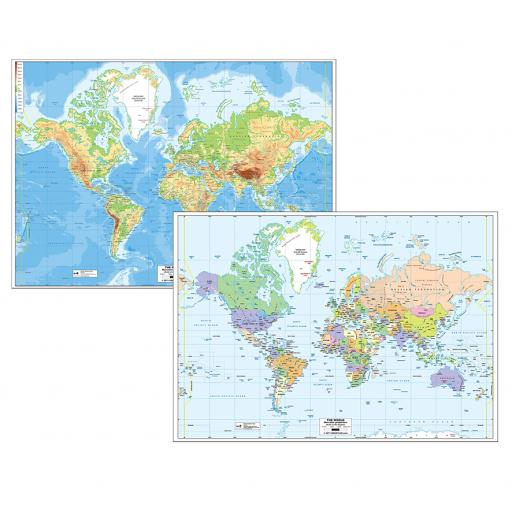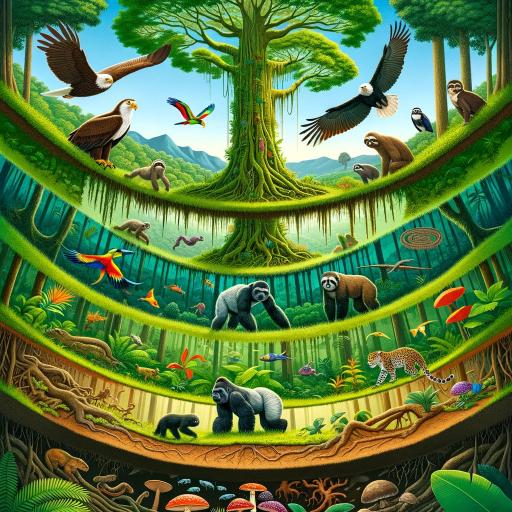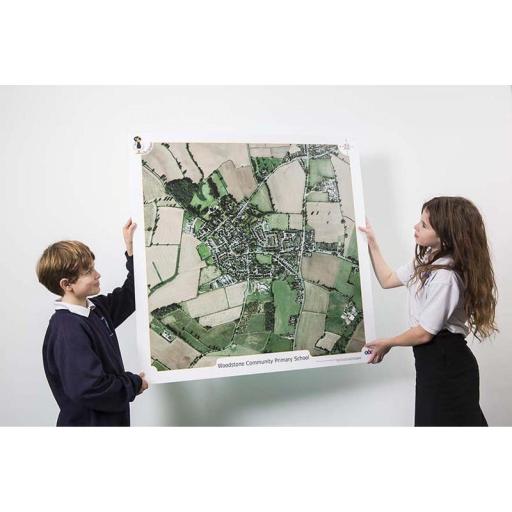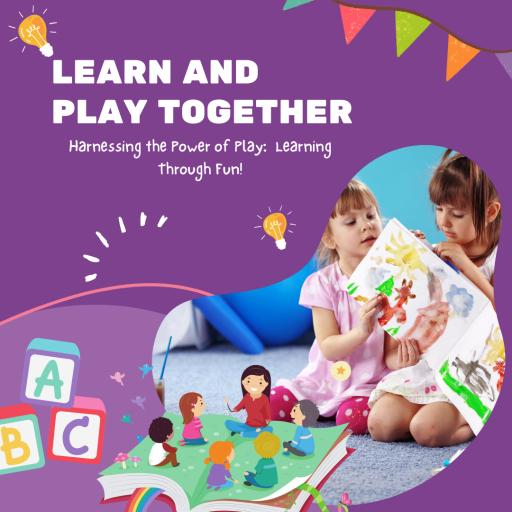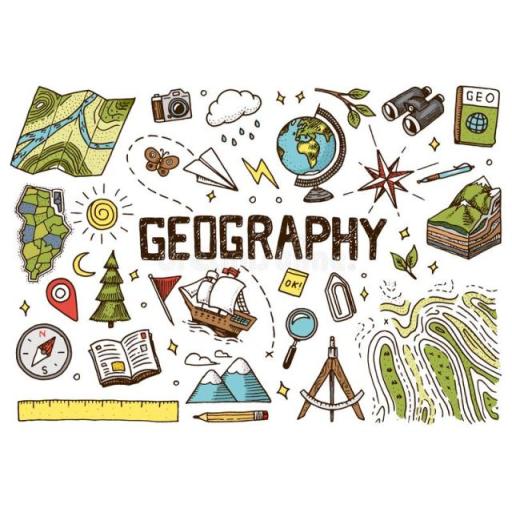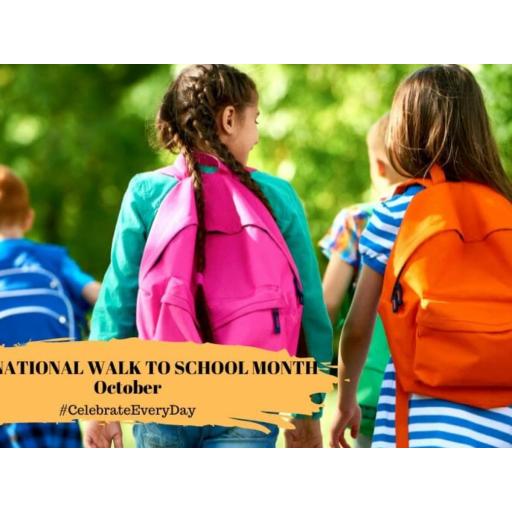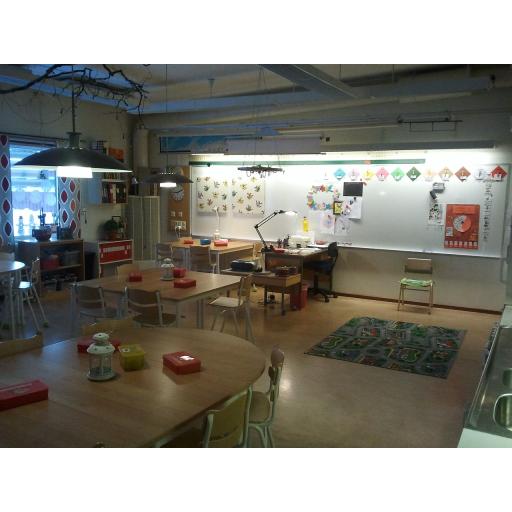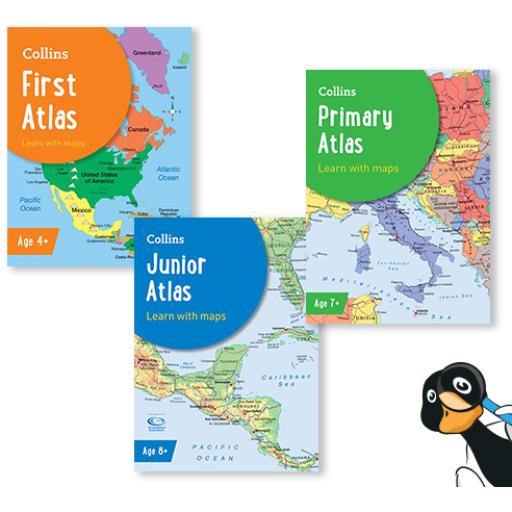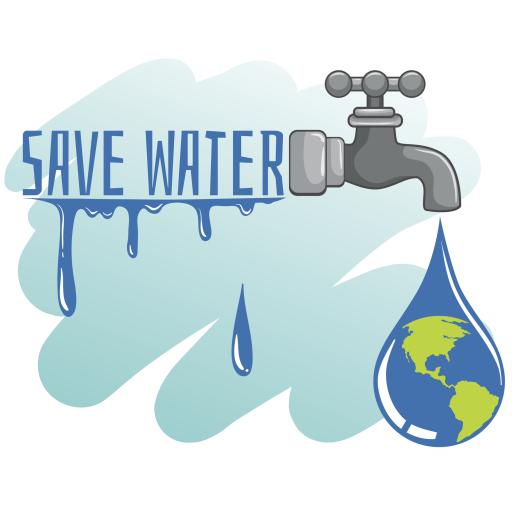 If you've seen the phrase 'deep dive' once, you've seen it a million times already! All over Facebook groups and in schools, there are reems and reems of teachers and leaders who are freaking out about the prospect of inspection.
If you've seen the phrase 'deep dive' once, you've seen it a million times already! All over Facebook groups and in schools, there are reems and reems of teachers and leaders who are freaking out about the prospect of inspection.
But please, don't panic! Whilst schools are trying to develop curriculums, documents and all manner of things within the space of a few days, we MUST remember that all foundation subjects have been given a 1 year transition period to have these materials all sorted. Unfortunately Maths, Reading and Writing have not been extended the same courtesy! If your school is not in the inspection window, stop clamouring to get everything done in an instant!
 Feedback from a lot of schools so far is that, whilst the process is still taxing and stressful, it's actually more relaxed and not as demanding as previous inspections.
Feedback from a lot of schools so far is that, whilst the process is still taxing and stressful, it's actually more relaxed and not as demanding as previous inspections.
Questions are being asked that follow a similar pattern from inspection to inspection and, at the moment, schools are being judged more on their Action Plans than on what has actually been done.
Whilst 'Action Plans' sound scary, they don't have to be. It can be a simple list of things that you intend to do or produce before next September. So, what kind of things might you want to START preparing?
1. An overview of WHAT is being taught and WHERE and WHEN - simply put, what is each year group teaching and in which term.
2. A rationale for WHAT is being taught WHERE and WHEN and WHY that is - questions are being asked about curriculum design and the big old 'WHY' question is making a lot of appearances. If you are unsure of WHY a certain topic is being taught in a particular place, you might want to think carefully about whether that is the best place for it. There isn't just one answer for this. If you as a school can justify the placing of a topic, then you go for it! Simply stating, 'Because it's in the curriculum' or 'Because it's always been done there' isn't enough though I'm afraid.
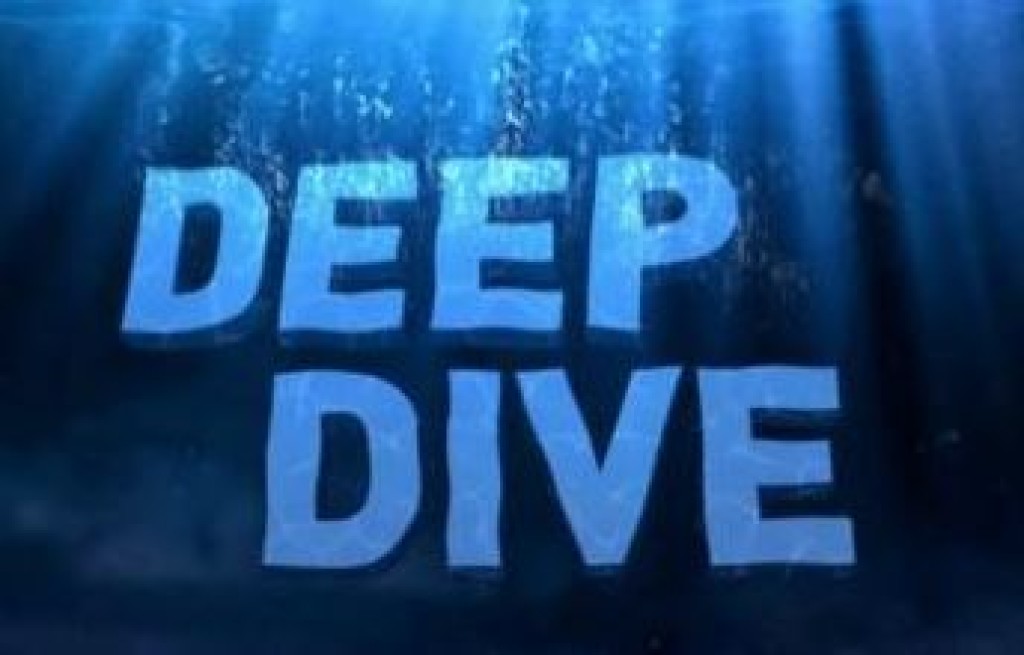 3. A Progression of Skills document - being able to show how children across the entire school make progress in a single document (essentially your 'Intent') will give you more confidence and help you map out the individual skills that each year group should cover. It will also give you some clarity that there is progression and that certain elements are either joined or not unnecessarily repeated.
3. A Progression of Skills document - being able to show how children across the entire school make progress in a single document (essentially your 'Intent') will give you more confidence and help you map out the individual skills that each year group should cover. It will also give you some clarity that there is progression and that certain elements are either joined or not unnecessarily repeated.
4. Some sort of guidance for teachers about your subject - inspectors who now 'visit' classrooms may well ask those teachers who have been 'visited' to answer questions about the curriculum design of the chosen subject - essentially the WHAT, WHERE, WHEN and WHY mentioned above. They are going to be looking for consistency and ensuring that all staff are aware of the progression of subjects throughout school, not just the subject lead. Letting staff know what should have been covered in previous year groups and what is expected in future learning gives staff some ideas to talk about if they are questioned. And hopefully you'll all be singing from the same hymn sheet!
5. A more detailed overview for your website - whilst school websites should be updated regularly, lots of school's websites differ wildly in the amount of content available. Guidance is now stating that there should be adequate detail for inspectors and parents to know the types of skills and knowledge that their children will be learning in each subject. Simply having an overview stating the topics and some of the things that they'll be learning about won't cut it any more! If you have already created your rationale and Progression of Skills document, this can be compiled to give a cohseive picture of your subject.
Whilst this is by no means an exhaustive list, preparing some of these documents will start to give you confidence if you're expecting visitors. There are plenty of examples floating around on the myriad of Facebook teaching groups in the Files sections for most of these documents.
You can find a range of Glenns teacher's packs that he has have created here:
Coordinator Materials
 Glenn Carter is a teacher and history lead at Ingleby Mill Primary School in Stockton-on-Tees. He is a member of the Historical Association's Primary Committee and also provides specialist primary history support for Education Durham. Glenn also runs his own website and Facebook page called History Rocks - Creative Primary History where he offers free resources, songs and support, as well as CPD.
Glenn Carter is a teacher and history lead at Ingleby Mill Primary School in Stockton-on-Tees. He is a member of the Historical Association's Primary Committee and also provides specialist primary history support for Education Durham. Glenn also runs his own website and Facebook page called History Rocks - Creative Primary History where he offers free resources, songs and support, as well as CPD.
More of Glenn's Blogs can be found here




 3. A Progression of Skills document - being able to show how children across the entire school make progress in a single document (essentially your 'Intent') will give you more confidence and help you map out the individual skills that each year group should cover. It will also give you some clarity that there is progression and that certain elements are either joined or not unnecessarily repeated.
3. A Progression of Skills document - being able to show how children across the entire school make progress in a single document (essentially your 'Intent') will give you more confidence and help you map out the individual skills that each year group should cover. It will also give you some clarity that there is progression and that certain elements are either joined or not unnecessarily repeated.
